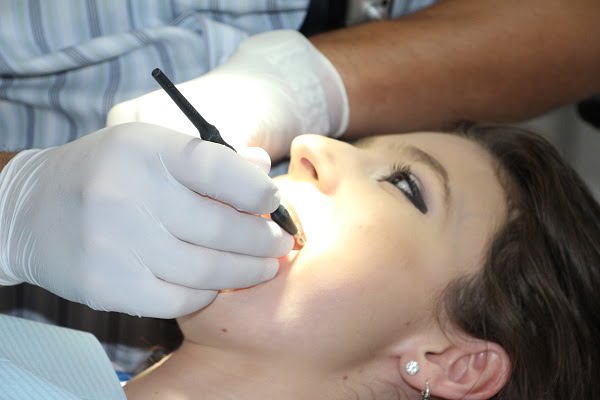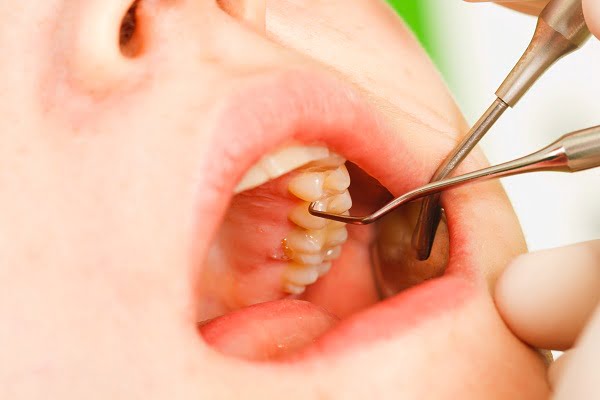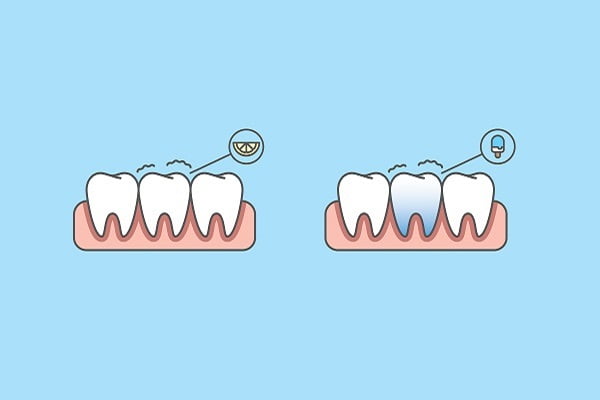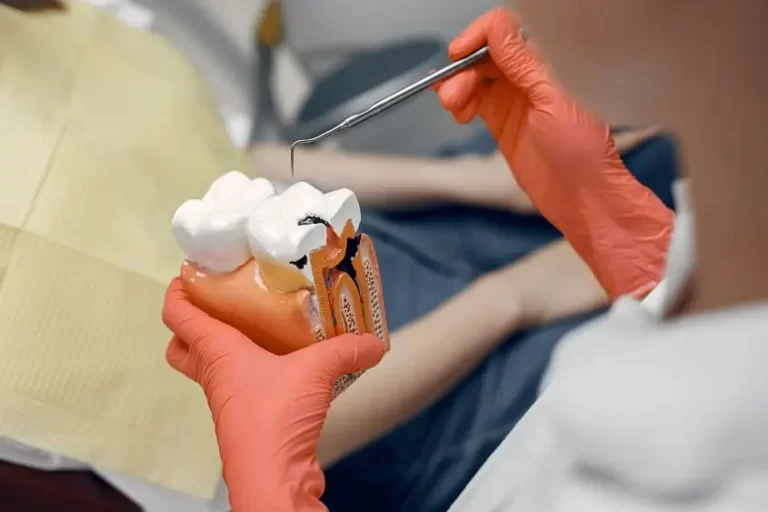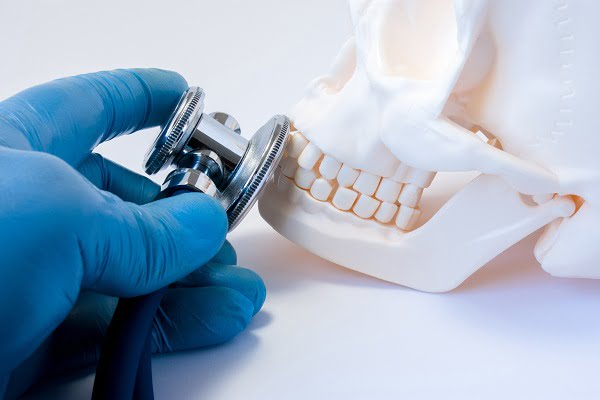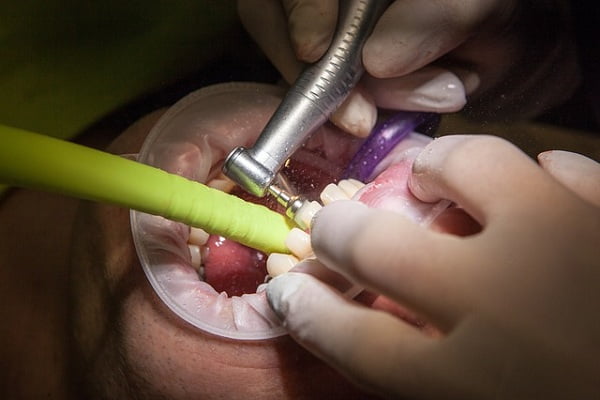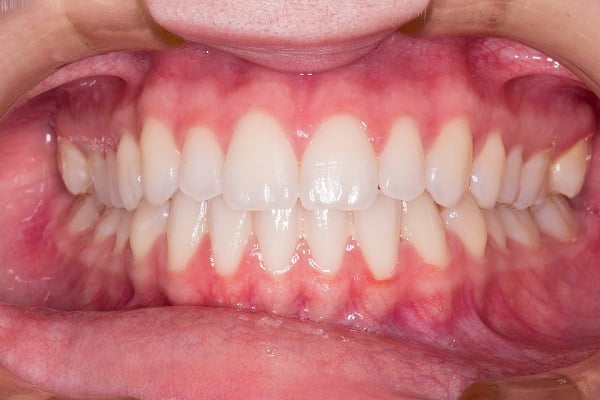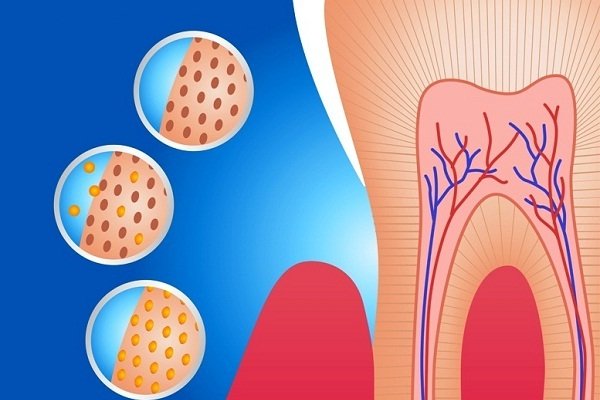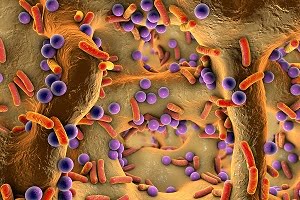Browsing: Dental Health

The page provides quick access to a list of common diseases, syndromes, health conditions, and other topics of health importance. The list is organized alphabetically. Links are provided to respective diseases sections that serve as a comprehensive and ultimate guide about the disease or health condition.
Effective and proper dental care of the mouth and teeth is highly important to a person’s general health and overall appearance. According to WHO, oral health is a state of being free from mouth and facial pain, oral and throat cancer, oral infection and sores, periodontal (gum) disease, tooth decay, tooth loss, and other diseases and disorders that limit an individual’s capacity in biting, chewing, smiling, speaking, and psychosocial wellbeing.
Untreated oral diseases or dental diseases can lead to gum problems, dental cavities, tooth loss, and many digestion-related issues. Scientists and dentists also believe that there could be a connection between certain dental problems or dental conditions and low birth weight, stroke, heart diseases, premature births, diabetes and certain other diseases. Primarily dental diseases are categorized into three types – formation of tooth decay, gum diseases, and oral cancers.
The most common oral diseases and conditions are dental cavities, periodontal (gum) disease, oral cancer, trauma from injuries, oral infectious diseases, gum infection, swollen gums, gum pain, and hereditary lesions. Dental cavities and periodontal disease are major causes of tooth loss.
Wisdom teeth are the third molars located at the back of your mouth in upper and lower gums. They generally erupt between 17 and 21 years of age. If a wisdom tooth gets stuck under your gum while erupting out of your gums or doesn’t have enough room to break through the gum, it’s called impacted wisdom tooth.
Who is an Emergency Dentist? Emergency dentist performs treatment and examination of an urgent dental problem on priority basis. These…
Diagnosis of Dental Caries
Your dentist will detect dental cavities by asking you certain questions such as whether you experience any pain or sensitivity with eating certain types of foods. He will examine your mouth and teeth and probe the teeth with dental instruments. Certain imaging techniques such as dental X-rays are helpful.
Tooth sensitivity is typically caused by dentin on root areas getting exposed due to retreated gums. Sudden tooth sensitivity, also referred to as dentin hypersensitivity, may be caused by several factors and may come and go sooner or later. The most common symptom is a darting pain while consuming products that are hot, cold, sweet, or particularly acidic.
Causes of Periodontal Disease (Gum Disease)
Your mouth is full of bacteria that get mixed with saliva to form a sticky substance known as plaque. Plaque builds up on your teeth. When you consume food and drink, the bacteria in plaque convert the carbohydrates of food into the energy they need. In the process, they produce acids.
A person suffering from Bruxism does not have any idea about his condition because it usually happens during the night time and is called nocturnal bruxism or sleep-related bruxism. But, it can happen in day time also when the person is awake in situations that make the person feel tense or anxious.
A dental crown or a dental cap is a prosthetic cover which is cemented onto a damaged tooth. The major purpose of a tooth crown is protection and covering of a damaged tooth. It also strengthens the tooth and provides a perfect alignment in your mouth.
Impacted Tooth (Tooth Impaction): Causes, Symptoms, Treatment, Diagnosis
Tooth impaction is when a tooth fails to erupt through the gum at the expected time. An impacted tooth can cause redness, swelling, pain, bad breath, headaches, and other complications. If you notice or experience any of these symptoms, you should contact a dentist to know the reason for these symptoms.
How to Ease Tooth Sensitivity Naturally?
Finding the cause of the sensitive teeth is important to advocate a specific treatment. There are some home remedies that can ease tooth sensitivity naturally. If you have tooth sensitivity, you may try these natural remedies. They have potential active ingredients that may soothe your pain due to sensitive teeth.
Scientists have found another harmful bacterium called Streptococcus sobrinus, which accelerates tooth decay in some people, but very little information is known about this microbe. A team of Illinois Bioengineering researchers has successfully sequenced the complete genomes of three different strains of S. sobrinus, to study further about these bacteria.




